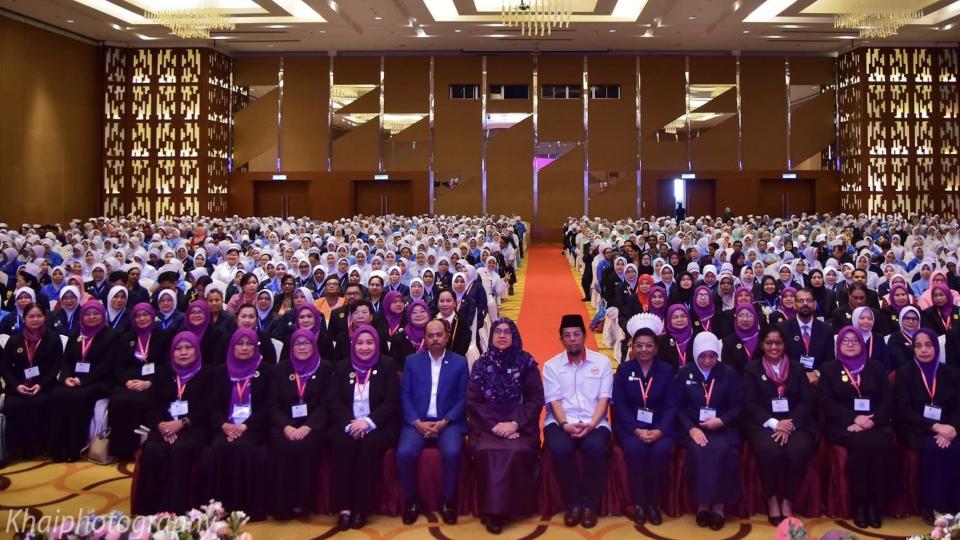ICN congratulates Malaysian government and Malaysian Nurses Association following rollback of plans to increase nurses’ working hours

The International Council of Nurses (ICN) welcomes the news that the Malaysian government has cancelled a planned extension of working hours from 42 to 45 hours per week for nurses, following strong advocacy by the Malaysian Nurses Association (MNA). In a statement released on 11 July, Malaysia’s Ministry of Health recognized that the responsibilities of nurses and other health care workers “demand extraordinary physical, mental and emotional preparedness” and thus agreed to retain the current 42-hour schedule.
ICN welcomes the government’s decision and recognizes the MNA’s important work advocating to protect nurses’ working conditions and representing the voices of nurses at the highest decision-making levels. According to data gathered by the MNA in collaboration with other nursing organizations, 93% of nurses opposed the planned increase in working hours.
Earlier this year, ICN wrote a letter in support of the MNA, citing research which demonstrates that long working hours contribute to increased medical error rate and decreased quality of care — ultimately endangering patient safety.
ICN also publicised these messages through extensive media coverage, including an interview with Free Malaysia Today warning that extra hours could lead to nurse fatigue, which affects quality, effectiveness, and errors: ICN’s CEO reminded readers that “the consequences of making a mistake in healthcare can be catastrophic for people”.
ICN’s President, José Luis Cobos Serrano, remarked:
“ICN congratulates the Malaysian government for making the right decision to protect the health and wellbeing of Malaysia’s nurses — and by extension, its population. I would like to sincerely thank Prime Minister Anwar Ibrahim and Minister of Health Dr Dzulkefly Ahmad for listening to our requests and showing great support and compassion in resolving this important matter.
‘ICN extensively discussed the issue with nurses in the country, collaborated with the MNA, and applied media pressure, raising public and political awareness of the negative impacts of increasing working hours. Our letter of support set out firm evidence that working excessive hours contributes to declines in patient safety and quality of care.
‘We applaud the MNA for its successful advocacy to safeguard nurses’ working conditions, which demonstrates the strength and influence of national nursing organizations in shaping policy that supports health workers and patients, and shows what is possible when the global nursing community comes together.”
The Malaysian government’s decision comes at a time when nurses worldwide are confronting extraordinary pressures amidst increased health care demands, inadequate working conditions, and a continued shortage of 5.8 million nurses, as outlined in ICN’s recent reports and the World Health Organization (WHO) State of the World’s Nursing (SOWN) report.
ICN's CEO, Howard Catton, emphasized the importance of addressing the root causes of shortages with sustainable solutions, saying:
“‘In the face of continued workforce shortages, all too often leaders turn to quick-fix, short-term decisions that only make the situation worse in the long run. We are seeing over-reliance on international recruitment, use of new less qualified health care roles, cuts to nursing education training periods — and now, the imposition of longer work hours. These band-aid solutions put patient safety at risk and only worsen workforce shortfalls by making it more difficult to recruit and retain nurses.
‘That is why we strongly welcome the Malaysian government’s choice to prioritize both workforce and patient wellbeing by rethinking plans for extra hours. It is time for leaders to break the pattern of short-term fixes and invest in fair, sustainable working environments that support the future of our profession and the future of health care.” ICN's letter to the MNA also provided policy and evidence based recommendations on additional healthcare workforce issues, including:
• Maintaining high nursing education standards
• Optimising nursing scope of practice, including Advanced Practice Nursing
• Providing decent jobs and improved pay and recognition to address workforce shortages and improve gender equity